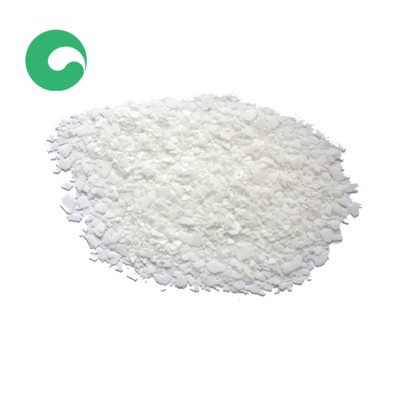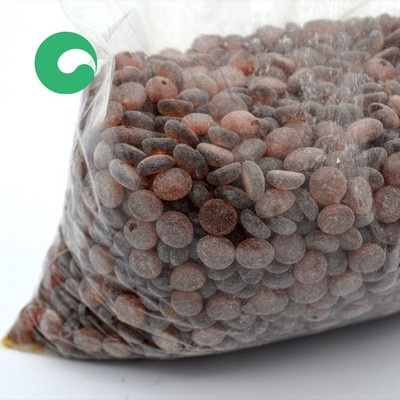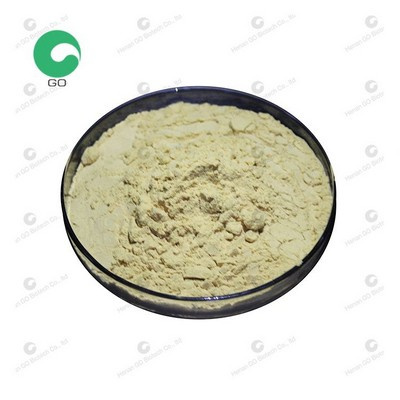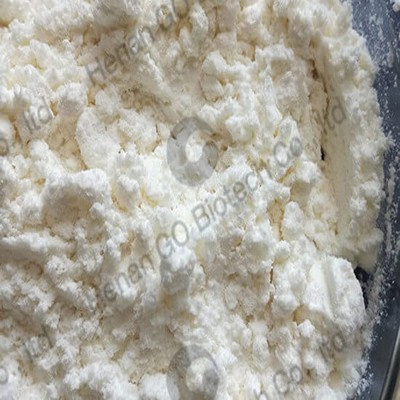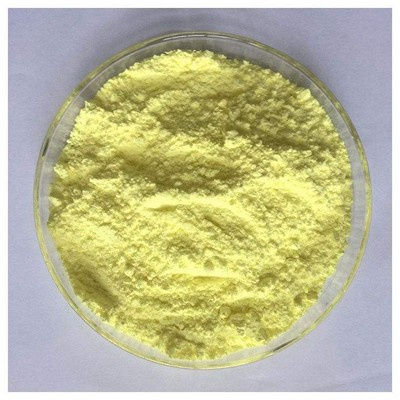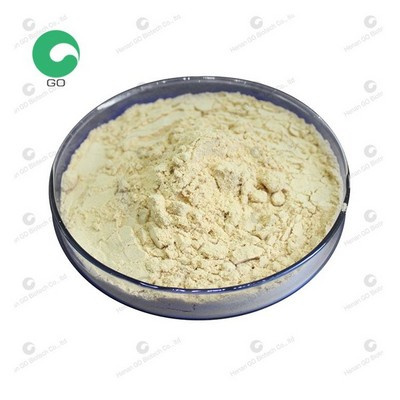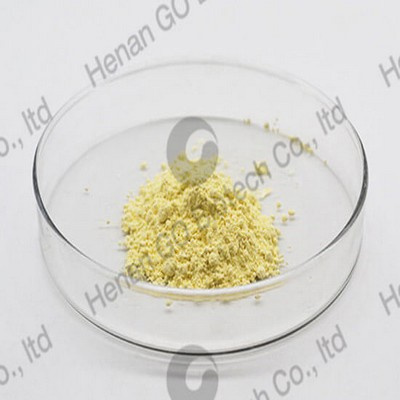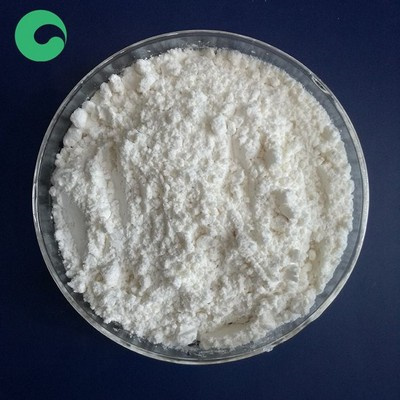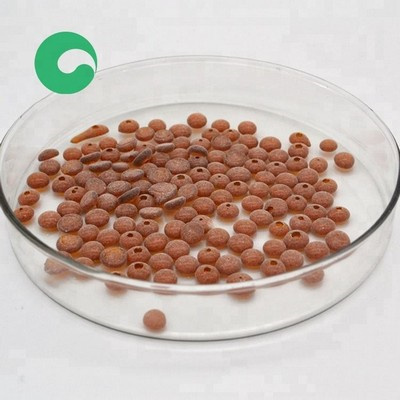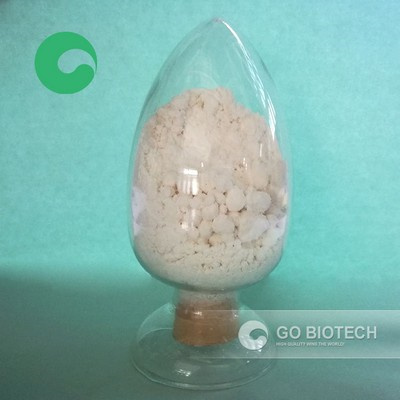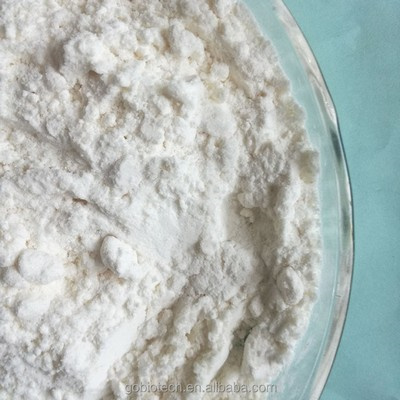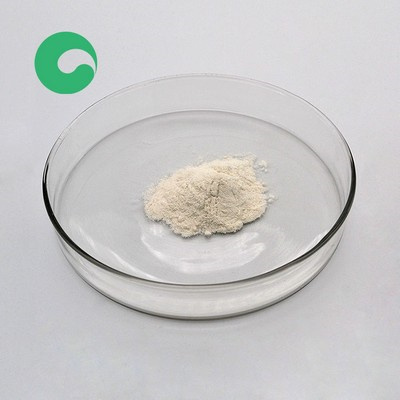Wholesale Rubber Accelerator CBS CZ From m.alibaba
Rubber Accelerator CBS CZ. Send Inquiry. Add to Cart. Chat Now. Start Order. Note: Please be cautious and check with your supplier if this product is for virus protection purposes and if the coronavirus (COVID-19) will affect your order. Trade Assurance. Built-in
traditional cbs rubber accelerator chemical in germany. Vulcanization & Accelerators. Vulcanization of rubbers by sulfur alone is an extremely slow and inefficient process. The chemical reaction between sulfur and the Rubber Hydrocarbon occurs mainly aC (doublet the C = bonds ) and each crosslink requires 40 to 55 sulphur atoms (in the absence
2021 popular cbs cz vulcanizing accelerant for rubber tire
high purity rubber accelerator cbs for tyre cas:95-33-0 Super quality chemical powder rubber accelerator. wholesale accelerator cbs cz cas no.: 95-33-0 in korea Rubber Chemicals Cbs Wholesale, Chemical Suppliers Rubber Accelerator CBS(CZ)/ CAS No:95-33-0 US $ 2200-2700 / Metric Ton 10 Metric Tons (Min. Order) 10 YRSSouth Korea, and South Africa,
Rubber accelerator-Konson Chemical. Vulcanization accelerator CBS 2013/03/28 5108. Rubber Accelerator CBS(CZ) Chemical Name N-cyclohexyl-2-benzothiazole Sulfenamide Molecular Formula C13H16N2S2 Molecular Weight 264.4 CAS No. 95-33-0 Specifications HG/T 2096-2006 Item Sp...
2021 popular cbs cz vulcanizing accelerant for rubber tire
high purity rubber accelerator cbs for tyre cas:95-33-0 Super quality chemical powder rubber accelerator. wholesale accelerator cbs cz cas no.: 95-33-0 in korea Rubber Chemicals Cbs Wholesale, Chemical Suppliers Rubber Accelerator CBS(CZ)/ CAS No:95-33-0 US $ 2200-2700 / Metric Ton 10 Metric Tons (Min. Order) 10 YRSSouth Korea, and South Africa,
Rubber accelerator CBS(CZ), You can get more details about from mobile site on m.alibaba
traditional chinese accelerator cbs manufacturers
accelerator tmtd, accelerator tmtd Suppliers and. Alibaba offers 419 accelerator tmtd products. About 92% of these are Rubber Auxiliary Agents, 48% are Plastic Auxiliary Agents, and 10% are Electronics Chemicals. A wide variety of accelerator tmtd options are available to you, Get Price; Thiram(tmtd), Thiram(tmtd) Suppliers and Manufacturers
China Rubber Accelerator Cbs Cz Select 2021 high quality China Rubber Accelerator Cbs Cz products in best price from certified Chinese Sheet Of Rubber manufacturers, Rubber Accelerator suppliers, wholesalers and factory on, page 4
2021 popular cbs cz vulcanizing accelerant for rubber tire
high purity rubber accelerator cbs for tyre cas:95-33-0 Super quality chemical powder rubber accelerator. wholesale accelerator cbs cz cas no.: 95-33-0 in korea Rubber Chemicals Cbs Wholesale, Chemical Suppliers Rubber Accelerator CBS(CZ)/ CAS No:95-33-0 US $ 2200-2700 / Metric Ton 10 Metric Tons (Min. Order) 10 YRSSouth Korea, and South Africa,
tradeKorea is a online B2B trade website offers you matching services to connect buyers and suppliers. Establish reliable relationship between buyers and suppliers through our matching services and find new business opportunities through various online exhibitions.
- How does CBS work in rubber vulcanization?
- CBS is a thiazole-based accelerator that promotes the formation of sulfur cross-links between rubber molecules during vulcanization. It works by reacting with the sulfur and forming a complex that facilitates the cross-linking process. This results in a more stable and durable rubber product.
- What are the benefits of a CBS accelerator for vulcanization?
- CBS is particularly effective in promoting the cross-linking of natural rubber and synthetic rubbers such as SBR, NBR, and EPDM. It is also compatible with other accelerators such as MBTS and TBBS, which can improve the efficiency of the vulcanization process.
- What type of accelerator is used in vulcanization?
- Primary accelerator: this group of accelerators usually have a long burning time and are quickly cooked in the main stage of vulcanization Polymer accelerators are used to produce various types of rubber such as isoprene, styrene, butadiene and NBR. Sulfonamides are one of the most popular primary accelerators.
- Why is CBS used in rubber compounding?
- CBS is known for its ability to improve the tensile strength, modulus, and elongation at break of rubber compounds. It also enhances the aging resistance and heat resistance of rubber products, making them more durable and long-lasting. CBS (N-cyclohexyl-2-benzothiazolesulfenamide) is a widely used accelerator in rubber compounding.
- Is CBS a good accelerator?
- CBS is an initial accelerator appropriate for use in the production materials such as NBR, SBR, and EPDM. This product will work better and have excellent physical qualities when used at a temperature lower than room temperature. It is typically useful when activated by TMTD and DPG.

